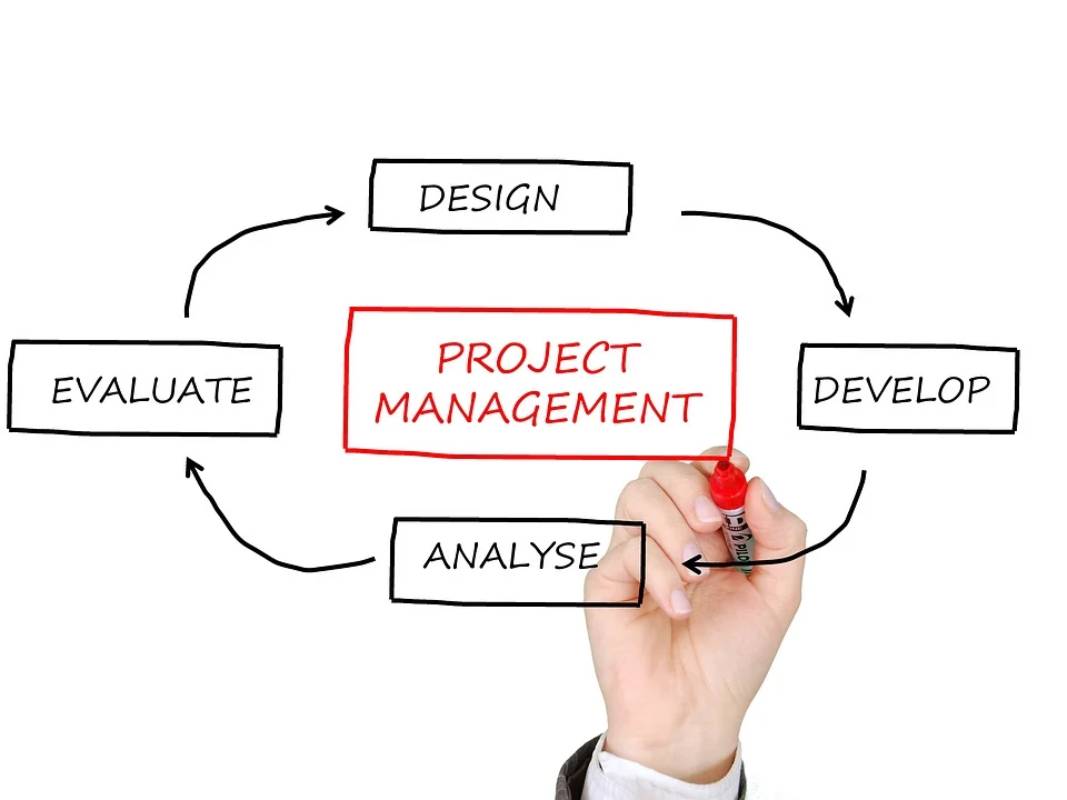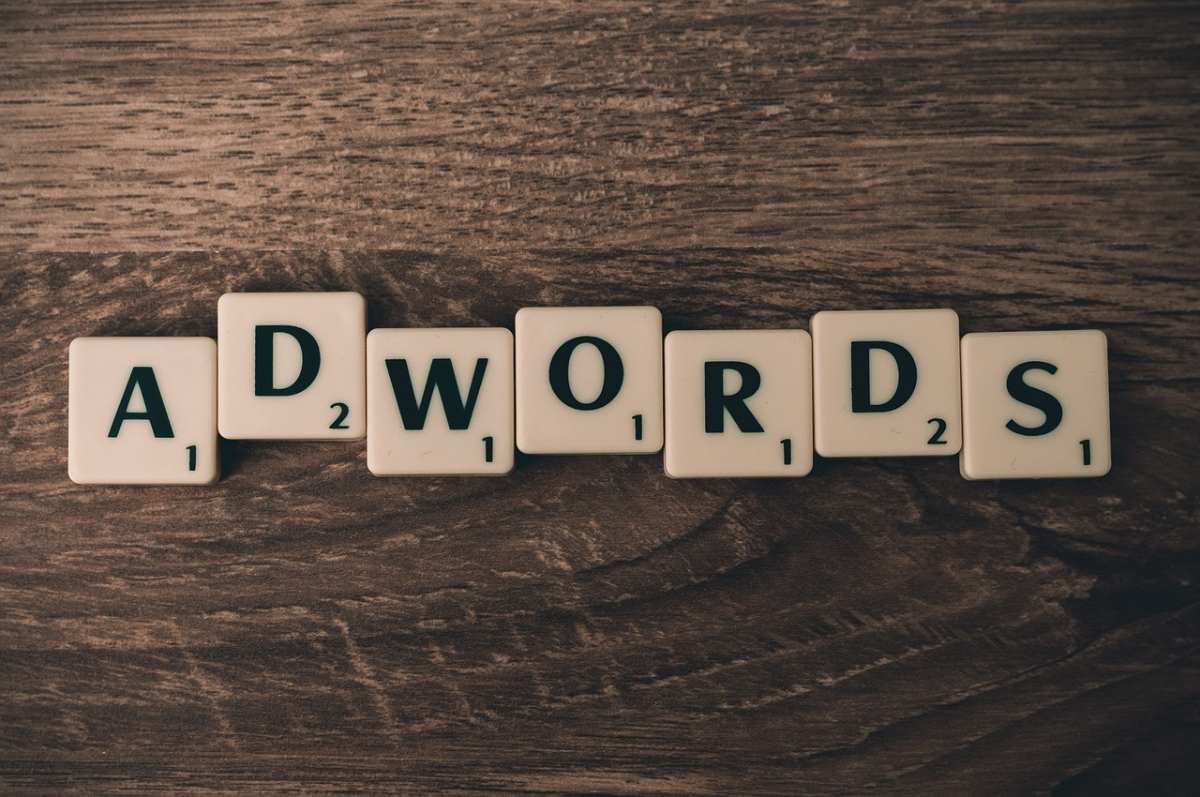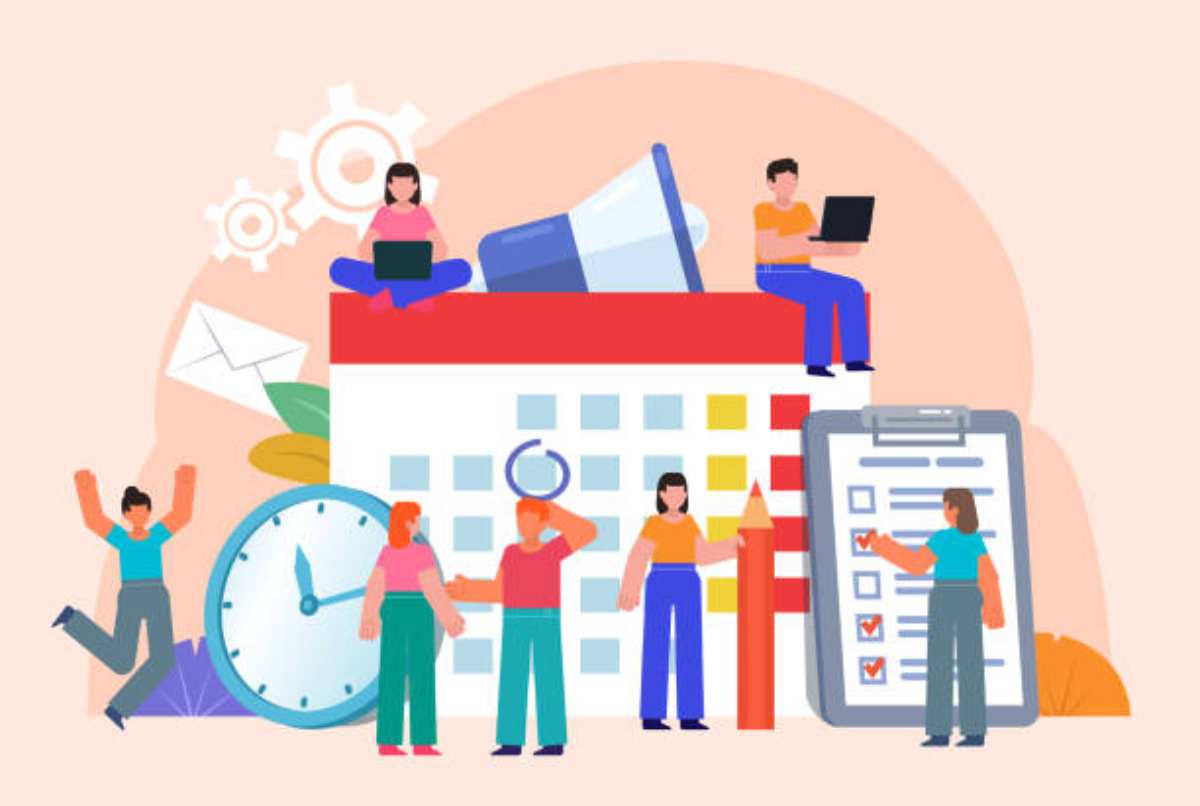HOW TO IMPROVE PRODUCTIVITY – AND WHY IT SHOULD
The classic definition of productivity is “a way to measure efficiency”. In an economic context, productivity is like measuring the output resulting from input units. Agriculture is a good example: an acre of land that produces 10 pumpkins? It’s not very productive. But an acre of land that produces 2,000 pumpkins? This is a much better return on your pumpkin plantation.
But what is productivity and how do we calculate it in our daily life? It’s easy to
If you meet the correct produce theories and examples of abstract work units or work numbers, but your life is not a managed supply chain.
Charles Duhigg defines the author in his book Smarter Faster Better as “making certain decisions in certain ways”, which leads us from “just busy” to “really productive”. Tony Robbins’ approach to productivity focuses on how people can better systematize and manage their lives so that they can spend more time on what will be.
what is productivity?
With less time and effort, you will get the results you want. When you try to be productive, you are really looking for a way to achieve your goals by leaving time for what is most important. “We are experiencing an economic revolution right now,” Duhigg said in an interview with The Tony Robbins Podcast.
WHAT PRODUCTIVITY IS NOT
When you think of someone productive in your life, you can immediately imagine a person who is always busy. This person is constantly doing homework, pressing deadlines, and seems trapped under a bunch of duties that seem to grow every day. We often make the mistake of being productive by simply matching, but that’s not the same thing. If you meet the true definition of productivity, you won’t run out of deadlines or five steps behind what you need to do in a day, week, month, or year. But on the contrary; You will probably be ahead of your time.
The bottom line is that we all have 24 hours a day; Productivity means getting the best out of them and developing performance habits rather than following endless lists of tasks. In other words, work cleverer, not harder.
WHAT IS PRODUCTIVITY FOR YOU?
Why do you want to increase your productivity? The most obvious answer that probably comes to mind is that you have more free time to do the things you love to do. If you manage to reach your goals sooner, you will have time to complete other goals, whether it be relaxing with a book or learning a new skill. As a bonus, when you get things done easier and more frequently, you’ll find one of life’s stressors again – than running around to get it all done and getting your chores done on time.
Why did you set yourself these goals in the first place? If you really want to increase your productivity, think about what drives you to do it. Sure, you probably want to earn more from your job or take more vacations, but why? What is the hunger or purpose that drives your actions? Do you want to be the finest version of yourself? Would you like to take better care of your family, community, or environment?
SEE OTHERS IN ACTION FOR PRODUCTIVITY
We all want to be successful with less effort. But how can productivity be calculated, let alone increase it? The first step is to find some templates that show what productivity means to you personally and what doesn’t. As Tony says, success leaves its mark. Failure does too.
If your desire to be more productive starts at work, YOU model your success on a colleague known for their productivity. Look for someone who has a clear vision of their day, who has limited time, and who also completes projects on short notice. Ask them how they designed their particular facility and if they have any tools. You can start developing your own method based on it.
By finding people who embody the art of meaningful productivity that you enjoy, you can imagine what increasing your productivity will mean in your life, both at work and at home.
MAKE PRODUCTIVITY A HABIT
It would be nice to say “I’m changing” and then it happens without further action on your part. But better productivity, like any other change in your life, requires some work by your side. It can take up to three months to develop a new habit, whether or not you create a daily to-do checklist.
Drive your day or build a weekly habit at the gym. Once something becomes a habit, it is much easier to incorporate it into a routine. You rapidly realize that a task can become second nature. By creation productivity a habit, you can achieve a lot more in your professional and personal life.
HOW CAN YOU BE MORE PRODUCTIVE?
There is a huge difference between exercise and success; While the to-do lists ensure that you feel successful in getting the tasks done, they don’t get you anywhere near your ultimate goals. There are many ways to increase your productivity; The key is choosing the right ones for you and your ultimate goals.
Also Read: Organizational management: importance, needs and functions













